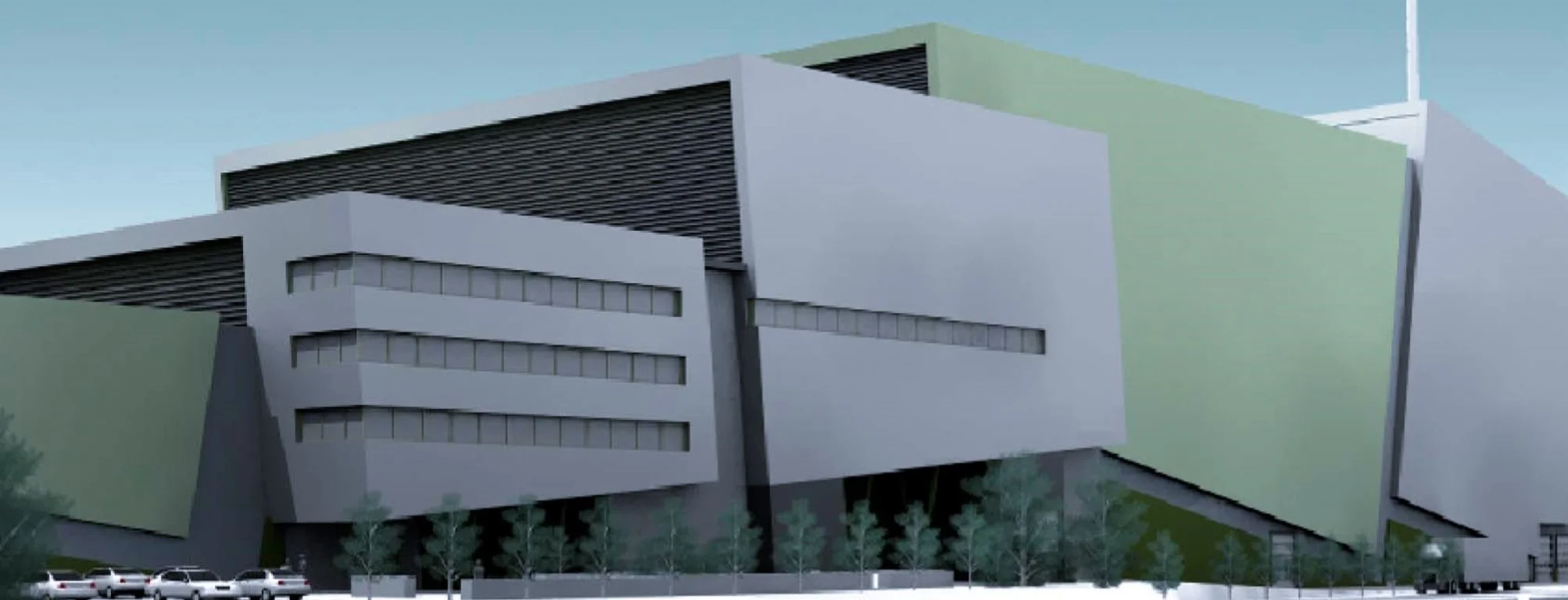Meet Sophia Yarwood, Plant Operator
/What is your role?
I am a Plant Operator. This means I have responsibility for monitoring all process and auxiliary systems from the control room, reacting to alarms and interacting with automated systems when required.
When did you start working at the Gloucestershire Energy from Waste Facility?
I've been a part of the team throughout the entire operations period having started working at the Facility in early 2019 whilst it was still being built and commissioned. During this time, we lived in cabins in the farmer’s field next door.
What experience do you have that helps you in your role?
I have a degree in Geography and an interest in waste and recycling. I first started working in waste as a Leachate Technician on landfills, using computers to remotely monitor water levels as well as fixing and installing pumps and wells.
I then spent time at the Peterborough and Runcorn Energy from Waste plants and decided that recovery plays a significant part in the future of waste management.
What are your day-to-day tasks?
Essentially, I help to create steam which is generated from the combustion of the waste that arrives on-site. A lot of the process is automated, however, when it doesn’t work quite how you may be expecting it to, I intervene to get it back on track!
I have control over the entire process from the feeding of the waste itself to regulating the level of emissions produced in the process. The end goal is to convert as much of the waste we receive into electrical energy, with the Facility capable of diverting over 90% of the waste that arrives on-site from landfill.
What waste is accepted and treated at the Facility?
It is mainly household residual waste, or more simply the ‘black bin bag’ waste, that is left once recyclables have been separated. We also accept waste from commercial businesses – You can find out more about what waste is accepted on our website.
What is something that most people would not know about the Facility?
Having started my career working at landfills, I know first-hand that burying non-recyclable waste in a hole in the ground is not the most sustainable way to manage it. Whilst there is still currently a need to landfill some waste types, alternatives should also be used that recover as much value from residual waste as possible.
This Facility not only uses the energy contained within the waste to produce over 116,000 MWh to add to Gloucestershire’s annual energy production, but it also treats the leftover bottom ash to recover metals for recycling and aggregates which can be used in the construction industry to make new roads and buildings, etc. It’s a very circular process where a waste product is recovered or recycled to be potentially reused in the same place where it was produced – your homes.




